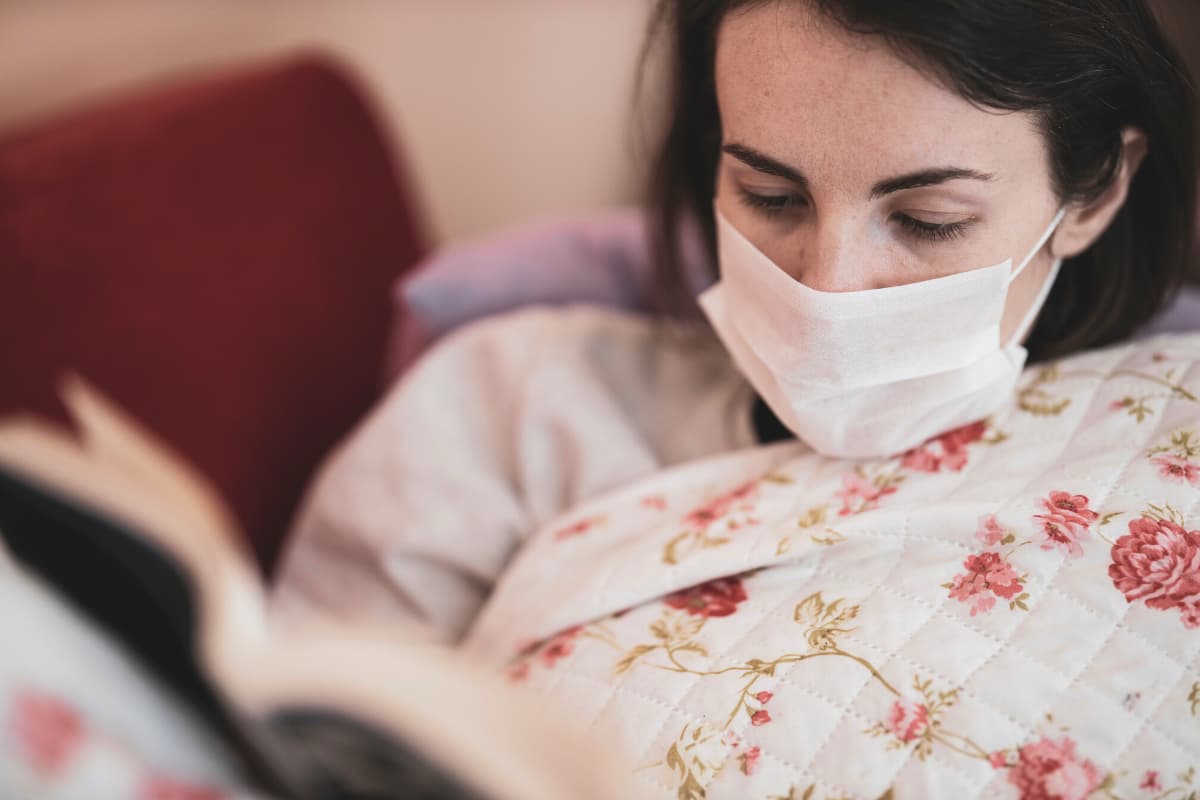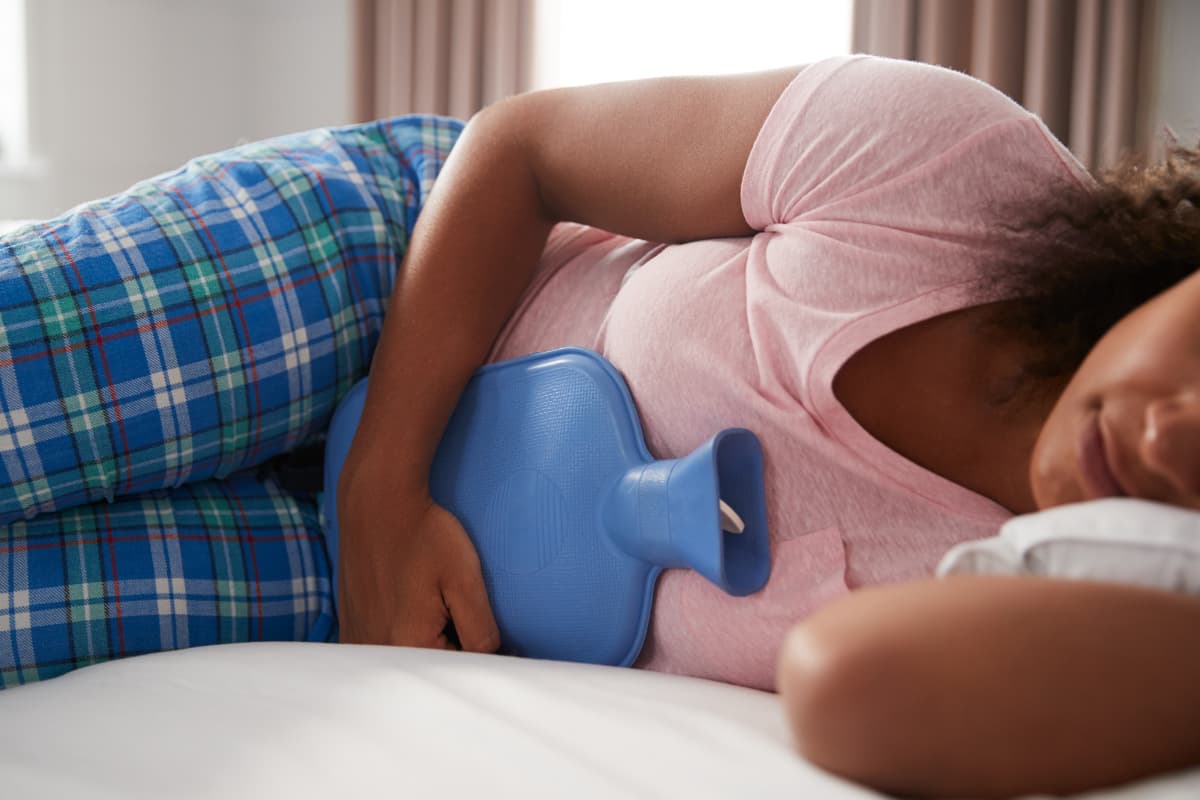Menopause & Long COVID

Since the COVID-19 virus outbreak, a body of research has emerged about the interaction between Long COVID and menopause symptoms. For best treatment results, scientists and doctors recommend screening women with Long COVID symptoms for their menopause status. With this information, they can be treated with hormone therapy if appropriate.
What is Long COVID?
“Long COVID” is a collection of over 200 ongoing symptoms that people have developed after a COVID infection. The most common include extreme fatigue, exhaustion after physical exertion, cognitive issues like brain fog, rapid heart rate and loss of smell and taste. People typically develop Long COVID symptoms a few weeks to a few months after infection with the virus. Some people are still managing severe symptoms, while others feel them resolve over time.
Women under age 50 appear to be at higher risk of Long COVID, regardless of other health factors.
Long COVID and Menopause Symptoms Can Be Similar
Menopause-related symptoms and those associated with Long COVID significantly overlap. If you’re a woman in midlife, this can lead to confusion and misdiagnosis of your symptoms. For example, it may be challenging to understand why you feel so fatigued.
Evidence suggests that Long COVID can affect hormone production while hormone levels can simultaneously affect Long COVID symptoms. For example, a majority of women with Long COVID reported a change in their menstrual cycle since their COVID infection. Long COVID symptoms were worse on the days before their periods when estrogen and progesterone are at their lowest.
Does Long COVID Influence Menopause?
Research has found that Long COVID can influence hormone levels through chronic inflammation that disrupts the menstrual cycle. Many women already dealing with menopause-related symptoms have reported that COVID infection and Long COVID worsened the severity or duration of these symptoms.
However, no research has yet investigated whether Long COVID could actually cause menopause (having no periods for 12 consecutive months) to occur earlier than normal.
Treating Long COVID During Menopause
Estradiol (estrogen in the human body) is used in menopausal hormone therapy (MHT) to treat the symptoms of menopause—but it has also been used as a successful treatment for Long COVID symptoms. Estrogen plays a key role in immune and vascular function, reducing the impact of the COVID-19 virus on the body. Hormone therapy has even been shown to reduce the risk of death from COVID-19 in women over age 50.
Experts in this field of emerging research recommend screening all women with Long COVID symptoms to determine if they’re perimenopausal and then treating their symptoms appropriately. Providing estrogen to the body via MHT is a potent treatment for menopause-related symptoms, but it also seems to make a meaningful impact on recovery from Long COVID.
Not sure what your menopause stage is? Download the Midday menopause app to learn where you are in the journey and more about menopause symptoms.
Sign up for more unique women’s health content
By submitting this form, you agree to the Lisa Health Privacy Policy and Terms of Use


